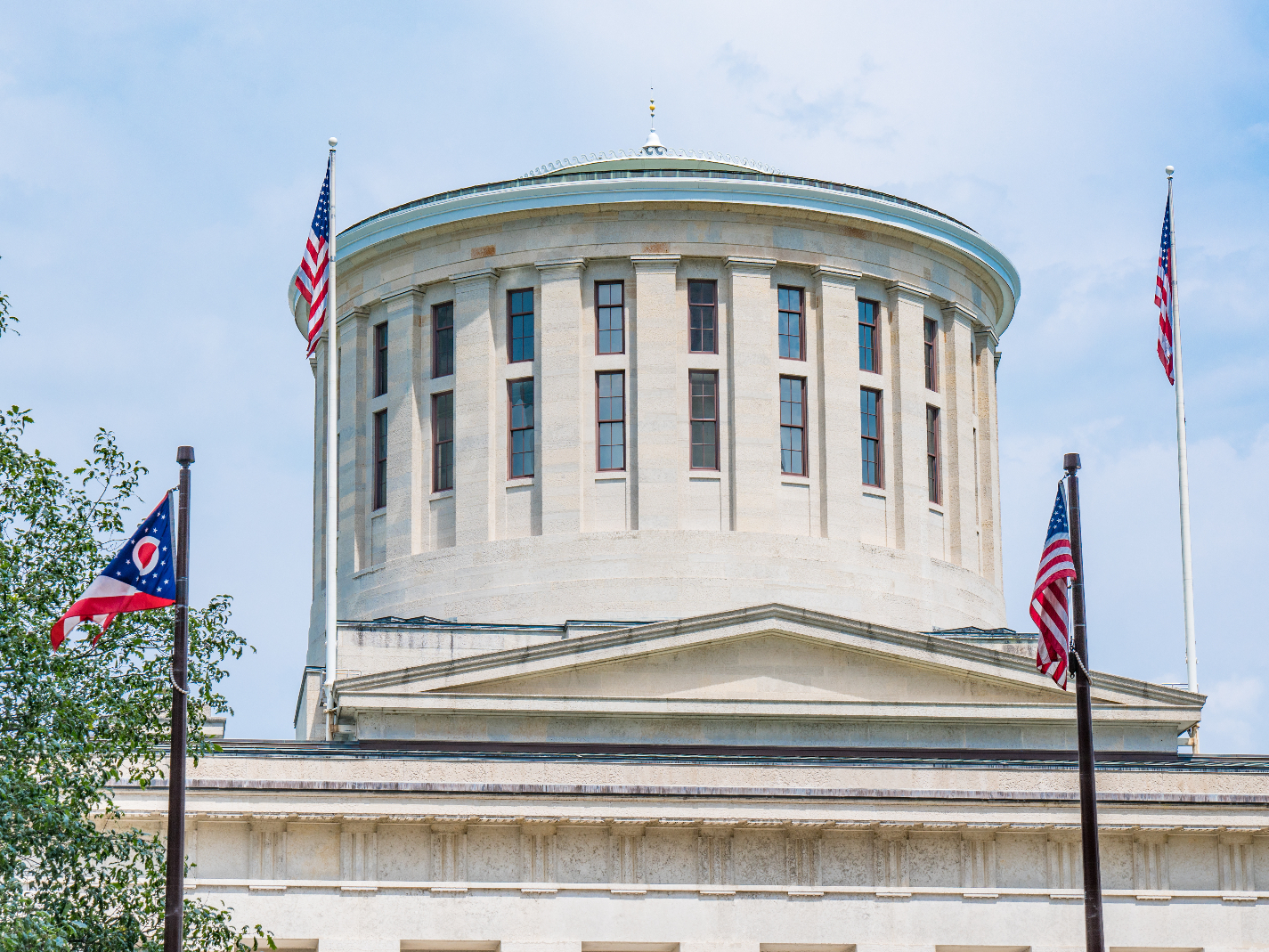Ohio policymakers have provided an example to the nation. They’ve introduced a trio of bills—HB 103, SB 83, and SB 117—which together would correct a great deal of what’s wrong with American education, both at the K-12 level and in higher education. What’s wonderful about these bills is how well they work together. American education must be fixed at all levels, and the three Ohio bills show how complementary education reform should work.
HB 103: which has inspired our model American Birthright Taskforce Act, would create the Ohio Social Studies Standards Task Force, which would be charged to use American Birthright: The Civics Alliance’s Model K-12 Social Studies Standards as the basis for new K-12 social studies standards for Ohio, along with documents including the Declaration of Independence, the Northwest Ordinance, the Constitution of the United States and its amendments—with emphasis on the Bill of Rights, and the Ohio Constitution.
SB 83: whose language includes elements inspired by different parts of our Model Higher Education Code, offers wonderfully comprehensive improvement of Ohio’s higher education. Its catalogue of reforms includes the requirement that colleges and universities receiving state funds commit themselves to free speech and intellectual diversity, and prohibits both “diversity statements” and the imposition by required courses or training of “diversity, equity, and inclusion.” SB 83 prohibits “ideological litmus tests in hiring and promotion” in state institutions of higher education. SB 83 also adds requirements to reform mission statements, make college syllabi accessible to the public, and bring the details of college budgets into the light, along with requiring state institutions of higher education to add an undergraduate General Education Requirement in American government or American history. The bill also requires that Ohio’s public universities annually report how well they have fulfilled these requirements and stipulates that universities institute sanctions for noncompliance.
SB 117: whose language includes elements inspired by our model School of Intellectual Freedom Act, would create two new independent schools at Ohio State University and the University of Toledo. These independent schools, similar to the School of Economic Thought and Leadership (SECTL) at Arizona State University, would provide an institutional home for faculty and courses that depart from the intellectual monoculture in higher education.
These three bills not only provide limits on the politicization of higher education, but also work together to create the core of a new system of civics education. SB 83 would require all students in Ohio’s public universities to take an undergraduate General Education Requirement in American government or American history. SB 117 would provide an institutional home for teaching prospective K-12 social studies teachers an accurate portrayal of America’s history and government. HB 103 would outline the social studies standards this new corps of K-12 social studies teachers would convey in turn to their students. Ohio’s policymakers have provided the map to comprehensive civics education reform, both for Ohio and for the nation.
The National Association of Scholars and the Civics Alliance support all these well-crafted, complementary bills and have testified in their favor. We will support them all for the long haul—this year, and the next, and the next, until they are passed.
Photo by Adobe Stock



